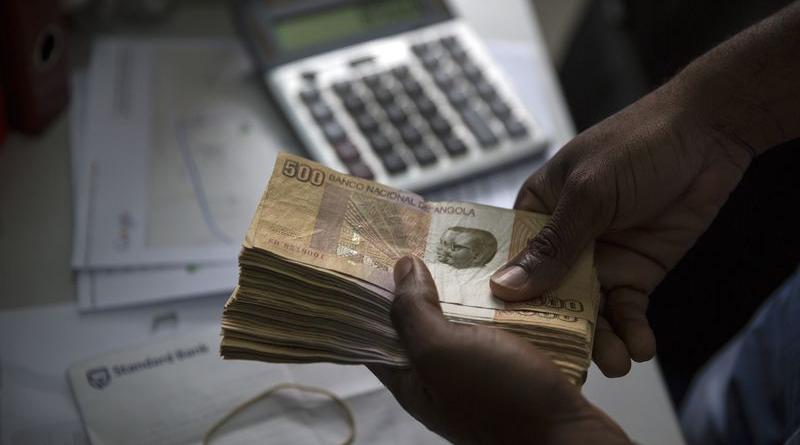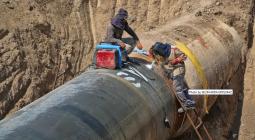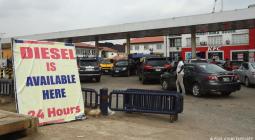Angola Is Accelerating Plans to Pay Down Its Debt

-
Improvement in debt metrics is ‘miracle,’ finance chief says
-
Government on drive to diversify oil-dependent economy
Angola is taking advantage of higher oil prices to accelerate its debt-reduction plans and smooth out repayments to China, its largest creditor.
Africa’s second-largest crude producer owes China $18 billion, or about 40% of its total external debt, after settling loans totaling $1.32 billion this year. Repayments will be stepped up next year, and the southern African nation’s debt as a proportion of gross domestic product is projected to fall to about 61% in 2023, down from 66% this year and more than 100% in 2020, Finance Minister Vera Daves de Sousa said.
“It looks like a miracle,” she said in an interview in Washington, where she’s attending the World Bank and International Monetary Fund annual meetings. “But it’s hard work.”
She attributed the improvement in the metric to a rebound in the economy and the nation’s currency, and the government’s conservative approach toward taking on new loans and determination to reduce interest costs. Angola’s kwanza has gained 21% against the dollar this year, supported by steady oil prices and high interest rates.
President Joao Lourenco reappointed De Sousa to her post after winning re-election in an Aug. 24 vote. He’s pledged to focus on creating jobs for the youth and improve living standards during his second term.
The government aims to free up money by diversifying its sources of funding and further reducing its borrowing costs, although its options are limited in the current global environment, according to the finance minister.
“We will be very careful about the moment when we step into the market,” she said. “We will look more at the concessional and semi-concessional financing,” selling local bonds to international investors, tapping structured commercial loans from export credit agencies and entering into partnerships with private investors and multilateral finance institutions to build new infrastructure, she said.
In a separate interview, Angola’s Economy and Planning Minister Mario Augusto Caetano Joao said the government intends bolstering investment in agricultural businesses by $1 billion annually over the next five years, as it seeks to reduce the economy’s dependence on oil. The National Development Bank will provide $500 million to private investors to bolster their output, while an equal amount will go toward improving infrastructure and access to land, with the first funds to be made available in the January budget.
Unused Land
“Local production of goods in which we have a comparative advantage is a continued focus of our government,” the minister said. “Out of 55 million hectares (136 million acres) of arable land, we are using just 20%. So there is huge space to increase the production.”
Key focuses will be to increase output of chicken, vegetable oil and rice, which account for almost half of the nation’s $1.4 billion annual food imports. Measures are also being considered to boost the fisheries and tourism industries, reform the education system to ensure it’s better geared to producing the skills needed to grow the economy and increase access to credit for small business.
Oil generates more than 80% of Angola’s export revenue, a dependence that makes it the world’s least-complex economy, according to Harvard University’s Growth Lab.
— With assistance by Henrique Almeida
COVER PHOTO:
A worker counts Angolan Kwanza currency banknotes in Luanda, Angola.
Photographer: Simon Dawson/Bloomberg




